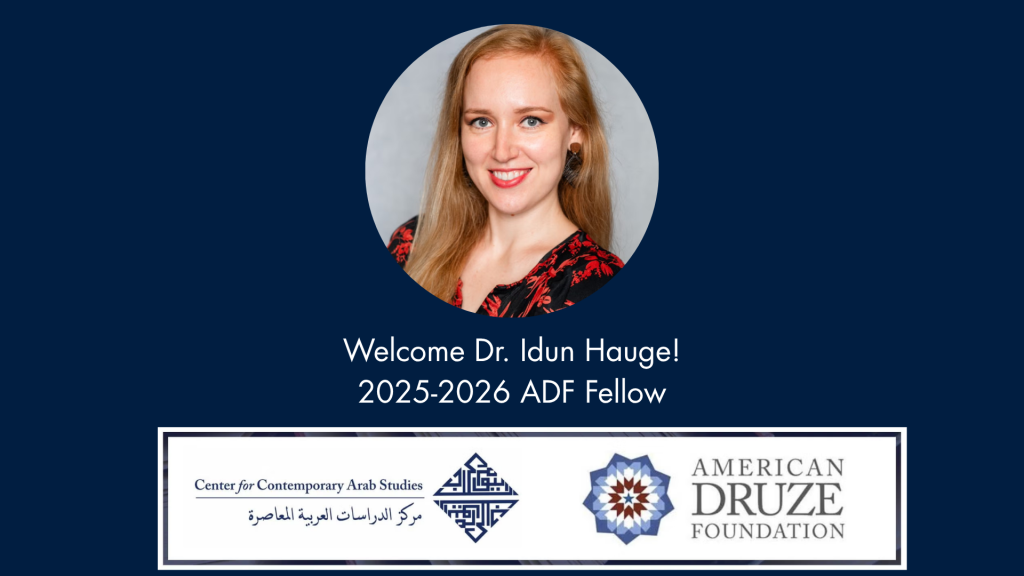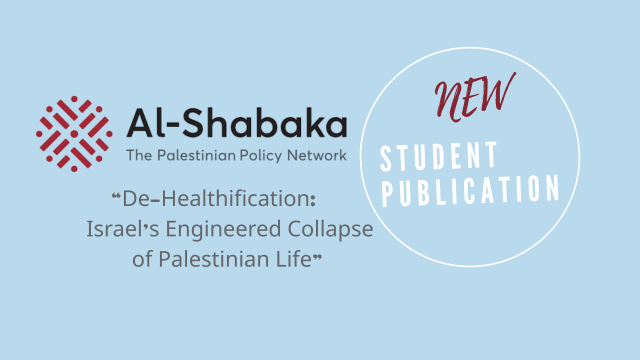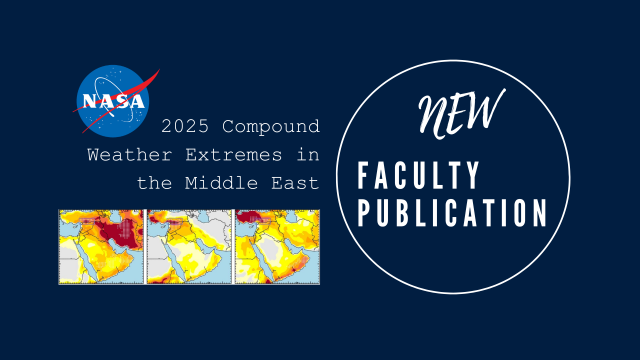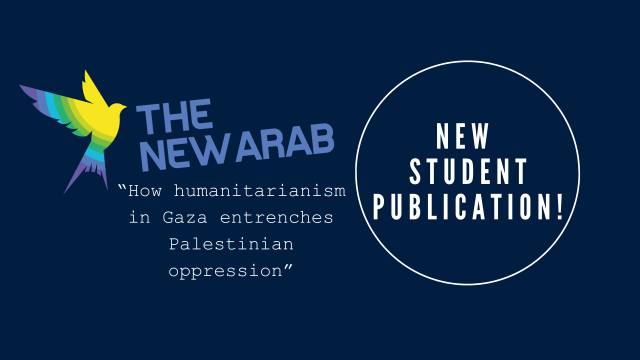 Dr. Idun Hauge is the 2025-2026 American Druze Foundation (ADF) Fellow. Read her full biography here. Dr. Hauge joins Dr. Natalie El-Eid as an ADF fellow this academic year.
Dr. Idun Hauge is the 2025-2026 American Druze Foundation (ADF) Fellow. Read her full biography here. Dr. Hauge joins Dr. Natalie El-Eid as an ADF fellow this academic year.
Please see a brief interview below. Welcome Dr. Idun Hauge!
What brought you to be interested in the cultural, intellectual and gender history of modern Lebanon, and what drove you to pursue a post-doc opportunity at Georgetown?
That’s a long and convoluted story! It all boils down to a serendipitous mix between my long-time interest in the Arab World stemming from the importance of the Palestinian cause in my early political education, my experiences of and in Lebanon and Beirut, and a deep curiosity about the rich ways of thinking about the world and us humans in it that the past offers us.
Pursuing a postdoc at CCAS specifically was always a goal of mine. Beyond CCAS as an incredible intellectual space to collectively think about the Arab World, as the CCAS community is well aware, it’s such a unique, supportive, and (these days!) healing space for people who care deeply about the region.
Tell me about your dissertation. What are the major takeaways you learned while working on it?
My dissertation is a cultural history that explores the Lebanese tourism industry (1943-1975) in order to better understand the dissemination of sectarian narratives in society, the cultural aspects and manifestations of Lebanese capitalism, and the ways in which heritage and culture are entangled in power structures. I argue that Lebanese tourism shows us that class rather than sect better helps us explain why an inter-sectarian industry produced pro-Christian narratives, and that the industry’s sectarian knowledge-production was inherently capitalist.
As a book-length project that spans several years, you learn a lot about yourself, academia, and the world. I learned, for example, that I love not just the discoveries in the archive, but that to me, writing is a wonderful and enjoyable way to think through and express my ideas in a more precise manner. I also learned the importance of creating community and building connections in every place I go for research. Doing research into a very narrow area also taught me a healthy dose of intellectual humility. As scholars of the modern era, our specializations and topics mean that we really only read a very small portion of sources, voices and topics available in our time period. This depth can be very rewarding, but also means that we are incredibly indebted to the work of others, even as we have disagreements and debates.
Many of our students may consider pursuing a PHD at some point in their careers after CCAS. How did a doctorate program support your work and help you shape your career path?
It was tremendously helpful and formative! I completed my PhD just four floors above CCAS, at the Department of History. I was (and still am!) fortunate enough to have had Professor Emerita Judith Tucker as my advisor. Finding a supportive advisor interested in your work is crucial to both your intellectual and academic development as well as your sanity and well-being. Writing a dissertation might be a solitary task, but the whole PhD process is decidedly not. It’s very important to be able to benefit from and contribute to a supportive academic environment. The program also introduced me to new approaches to history that ended up influencing my research, thinking and teaching. As a scholar deeply invested in the humanities, I would have been shocked to learn eight years ago that I would have an environmental chapter in my dissertation. Thinking about the relatively historically shallow roots of ideas and narratives today through pre-modern coursework shaped not just my research but also how I teach history. For any student looking to enroll in a PhD program, thinking about fit and future intellectual growth in various PhD programs should take into account prospective advisors not just as scholars but as advisors, the thematic strengths of their departments, as well as how you might fit into and learn from the broader intellectual community on a university (or even consortium!) level.
How does funding from ADF for this post-doctoral fellowship help you achieve your goals? What do you plan to work on during your fellowship at CCAS?
As is usually the case for newly minted PhDs, I’m currently in the process of turning my dissertation into a book manuscript. Usually that entails doing some follow-up research, which the fellowship will generously allow me to do in the Spring semester. During my dissertation research, I had grand plans of extensive archival work in Beirut and of doing oral interviews. Alas, Covid19 had other plans for my research year (2020-2021..!). The fellowship is an incredible opportunity to go back and do some of that work. Other than that, I’m also working on an article about the role of the Druze within specific, pro-Christian Lebanese nationalist narratives, which forms part of my larger work looking at what are sometimes the rather “un-sectarian” constructions of sectarian narratives.
What is one thing you would like the CCAS community to know about you (whether within or outside of academia)?
My office is always open! My favorite way to procrastinate (other than procrasti-baking) is learning about others’ intellectual interests and academic passions. Come tell me about your favorite primary source, a question you have been pondering, or a new discovery you have made. I might even give you the fruits of my other favorite procrastination activity in the process.


